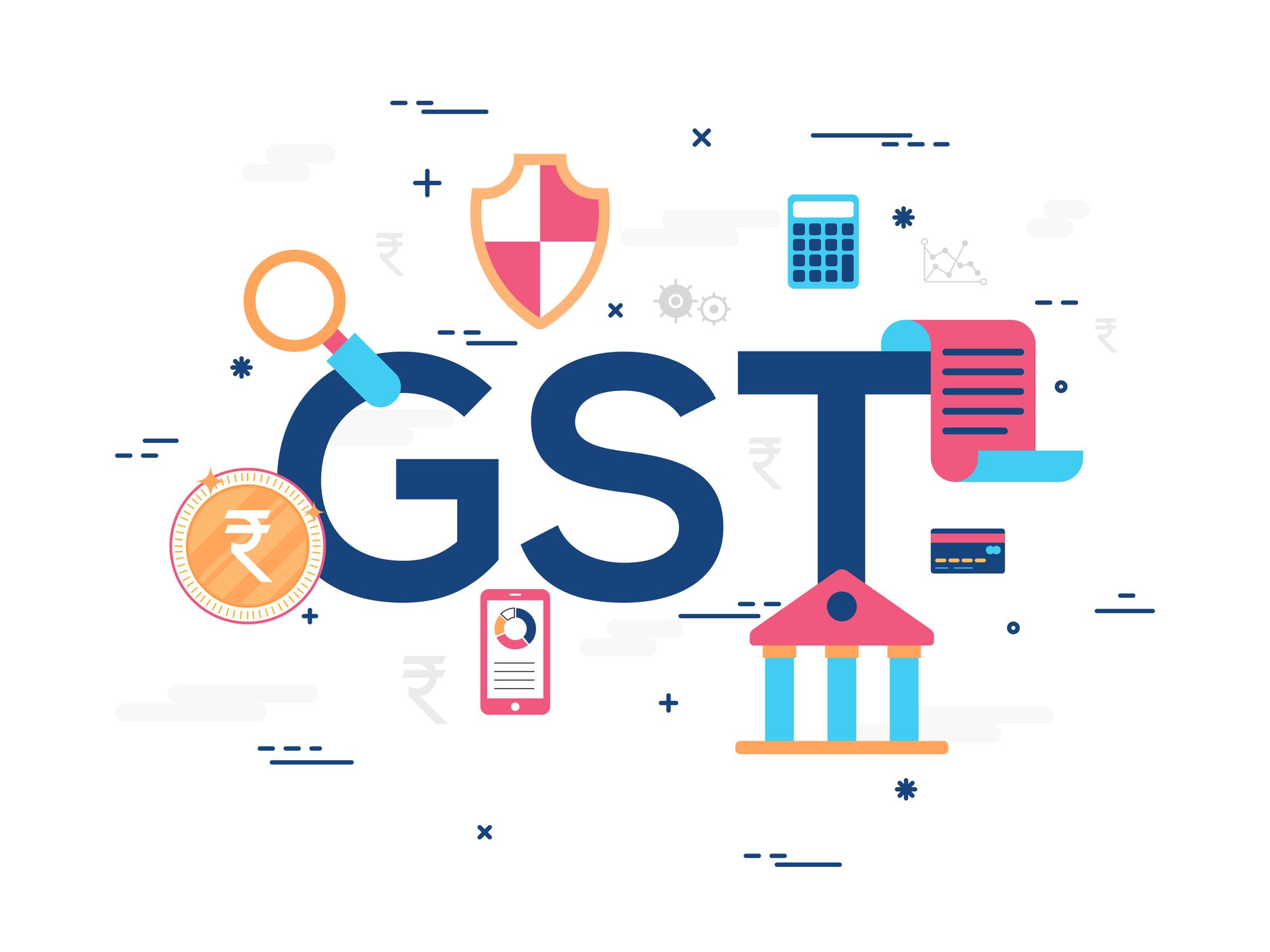Top Rated Best GST Registration Services in Singapore for 2024
Throughout: The Ultimate Roadmap to GST Enrollment for Businesses Looking For Financial Stability
Browsing the complexities of Product and Services Tax Obligation (GST) registration is an essential step for businesses pursuing economic security. From recognizing the essential principles of GST to complying with post-registration standards, the procedure can seem daunting at very first look. Damaging down the roadmap right into workable actions can enhance the enrollment journey for businesses looking to enhance their economic standing. Allow's discover the necessary parts that compose this ultimate roadmap and find exactly how each phase adds to laying a solid structure for financial success.
Comprehending GST Fundamentals
Looking into the basic principles of Product and Solutions Tax Obligation (GST) is crucial for obtaining a detailed understanding of its effects on services and the economic climate. GST is a value-added tax imposed on most items and services for residential usage. It has replaced multiple indirect taxes that existed in the pre-GST period, enhancing the tax structure and boosting ease of doing service in India. Under the GST system, both services and products are exhausted at a particular price, which is identified based upon their classification. Companies are required to sign up for GST if their annual turn over surpasses the threshold limitation established by the government. Input Tax Credit History (ITC) is a significant feature of GST, allowing services to claim credit scores for tax obligations paid on inputs, minimizing the general tax obligation problem. Comprehending the essentials of GST is crucial for services to adhere to tax laws, manage their funds efficiently, and add to the country's financial development by getting involved in a transparent tax system.
Qualification Requirements for Registration
To sign up for GST, services have to satisfy certain eligibility standards developed by the government. The main eligibility requirement is that any service associated with the supply of items or solutions with an annual accumulation turn over over the threshold limitation set by the authorities have to sign up for GST. As of the existing policies, the threshold limitation for GST registration is a yearly accumulation turnover of 40 lakhs for organizations running within a state, with the exception of unique category states where the restriction is 20 lakhs. In addition, certain services are called for to register for GST irrespective of their turnover, such as interstate distributors, casual taxable persons, and services reliant pay tax obligation under the reverse cost device. It is critical for companies to thoroughly analyze their turn over and deal kinds to Bonuses determine their GST registration commitments accurately. Failure to register for GST when eligible can bring about fines and lawful consequences, making it essential for businesses to abide by the defined qualification requirements.
Records Needed for Registration
Having satisfied the qualification requirements for GST enrollment, services need to now guarantee they have the requisite records in place to proceed with the registration process effectively. The files needed for GST enrollment commonly consist of proof of service constitution, such as partnership act, registration certification, or incorporation certification for different kinds of companies. In addition, companies require to offer records establishing the principal location of organization, such as a rental contract or electricity bill.
Step-by-Step Enrollment Refine
Beginning the GST enrollment process includes a series of organized steps to make sure a compliant and seamless enrollment for services. The primary step is to see the GST portal and fill up out the registration type with exact information of business entity. Following this, the applicant receives a Momentary Referral Number (TRN) which is used to resume the application process if it's not completed in one go.
Following, all called for records as per the checklist offered by the GST portal requirement to be posted. These documents usually consist of evidence of organization enrollment, identification and address proofs of promoters, financial statements, and business entity's PAN card.

Post-Registration Compliance Guidelines

Conclusion
Finally, businesses looking for economic security needs to comprehend the fundamentals of GST, more info here meet eligibility criteria, collect needed files, follow the detailed enrollment procedure, and conform with post-registration guidelines - Best GST registration services in Singapore. By adhering to these actions, organizations can visit our website make certain conformity with tax obligation laws and preserve financial stability in the long run
In addition, specific companies are required to sign up for GST regardless of their turnover, such as interstate suppliers, informal taxed persons, and businesses accountable to pay tax under the reverse charge device.Having met the qualification criteria for GST enrollment, companies must now ensure they have the requisite papers in location to continue with the enrollment procedure effectively. The files needed for GST registration generally consist of proof of organization constitution, such as partnership act, registration certification, or incorporation certificate for various types of services. Additionally, services require to offer records establishing the primary area of business, such as a rental contract or electricity expense.Starting the GST enrollment process includes a collection of structured steps to make certain a smooth and compliant enrollment for organizations.